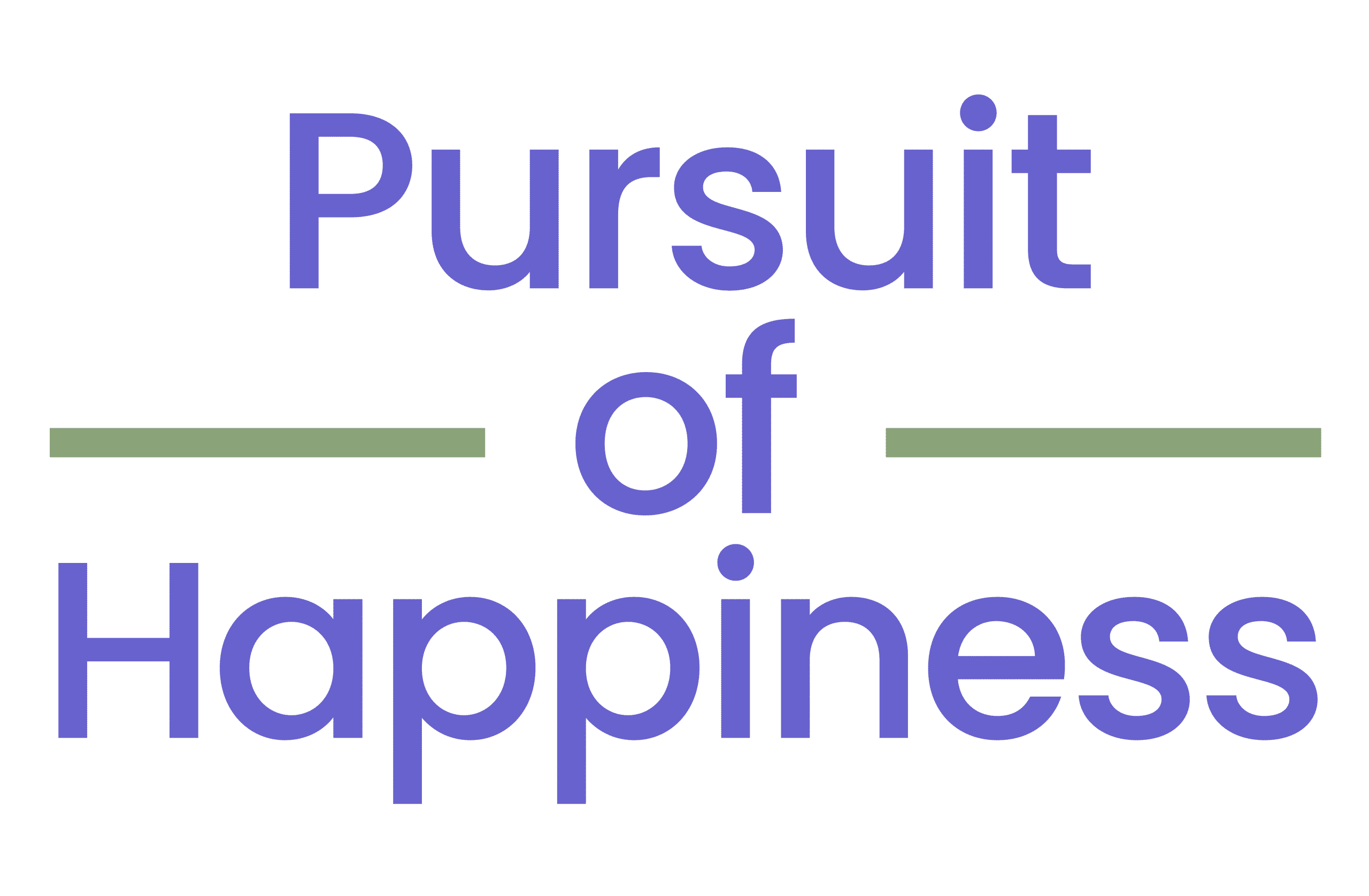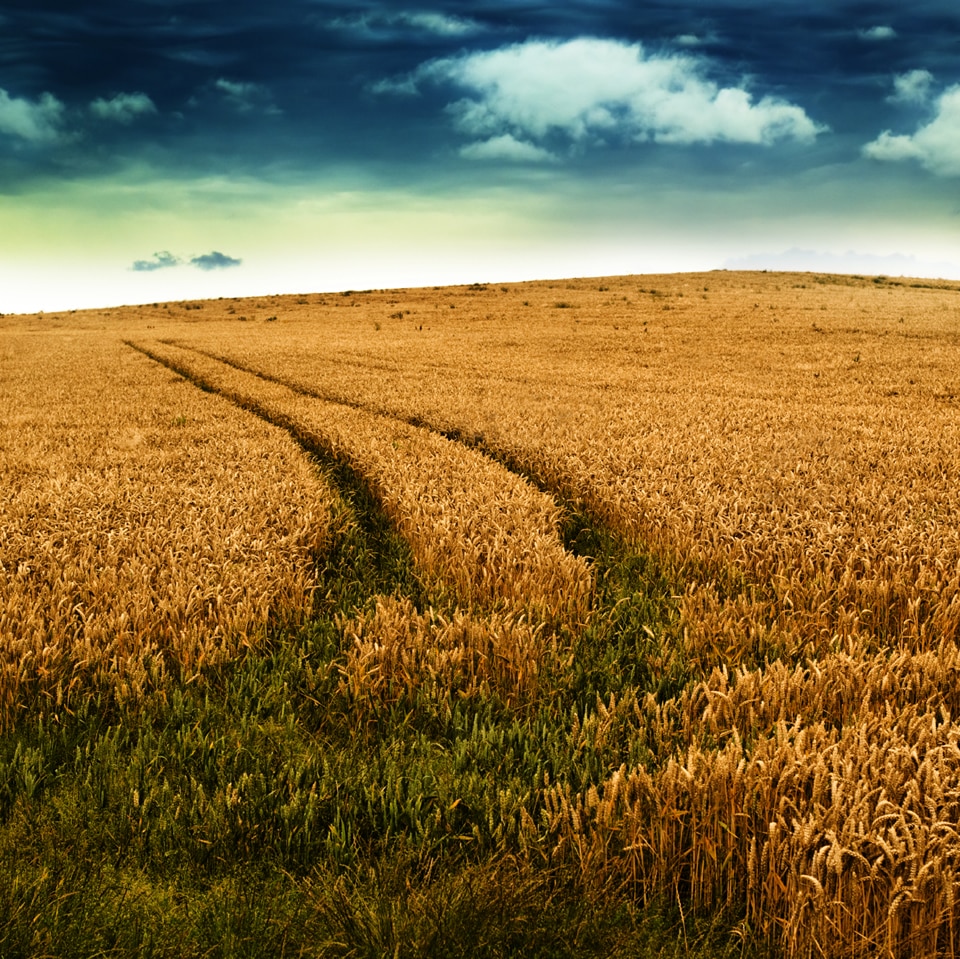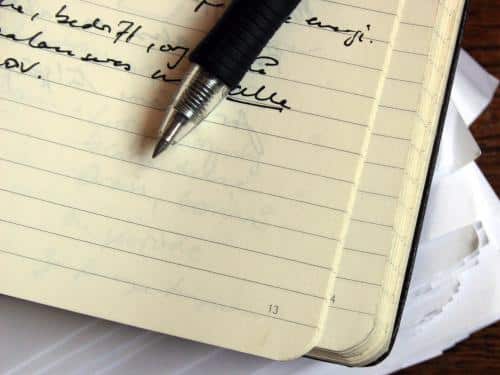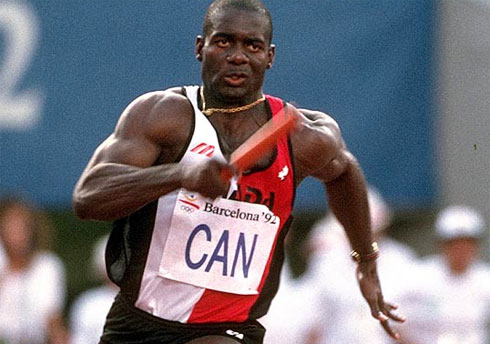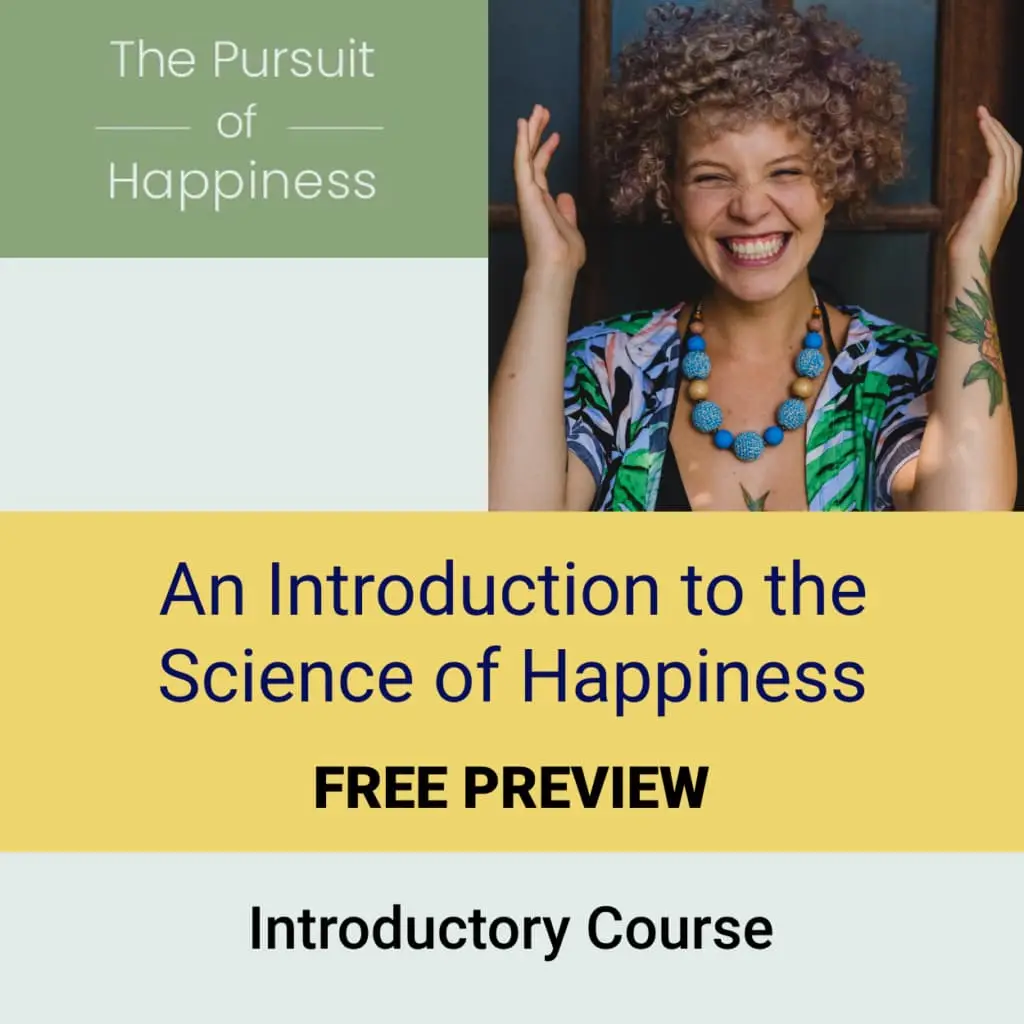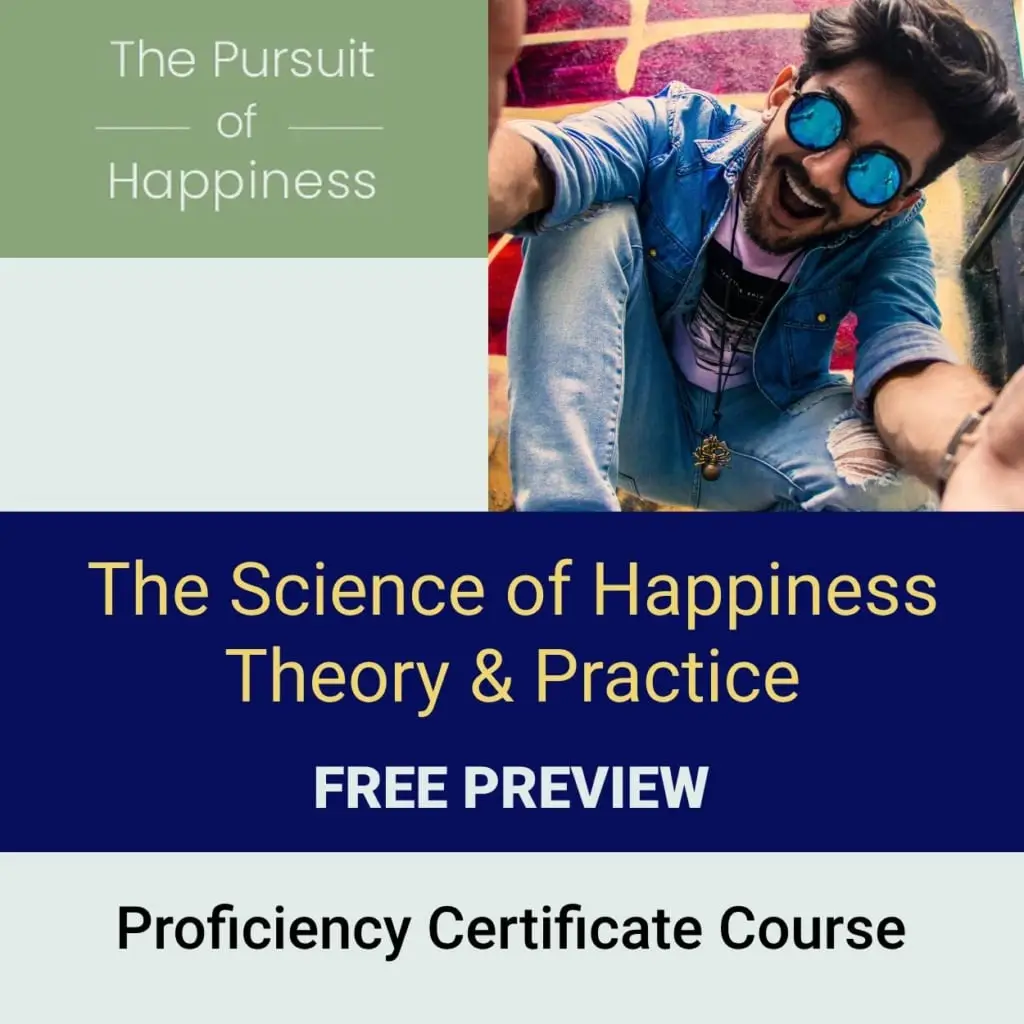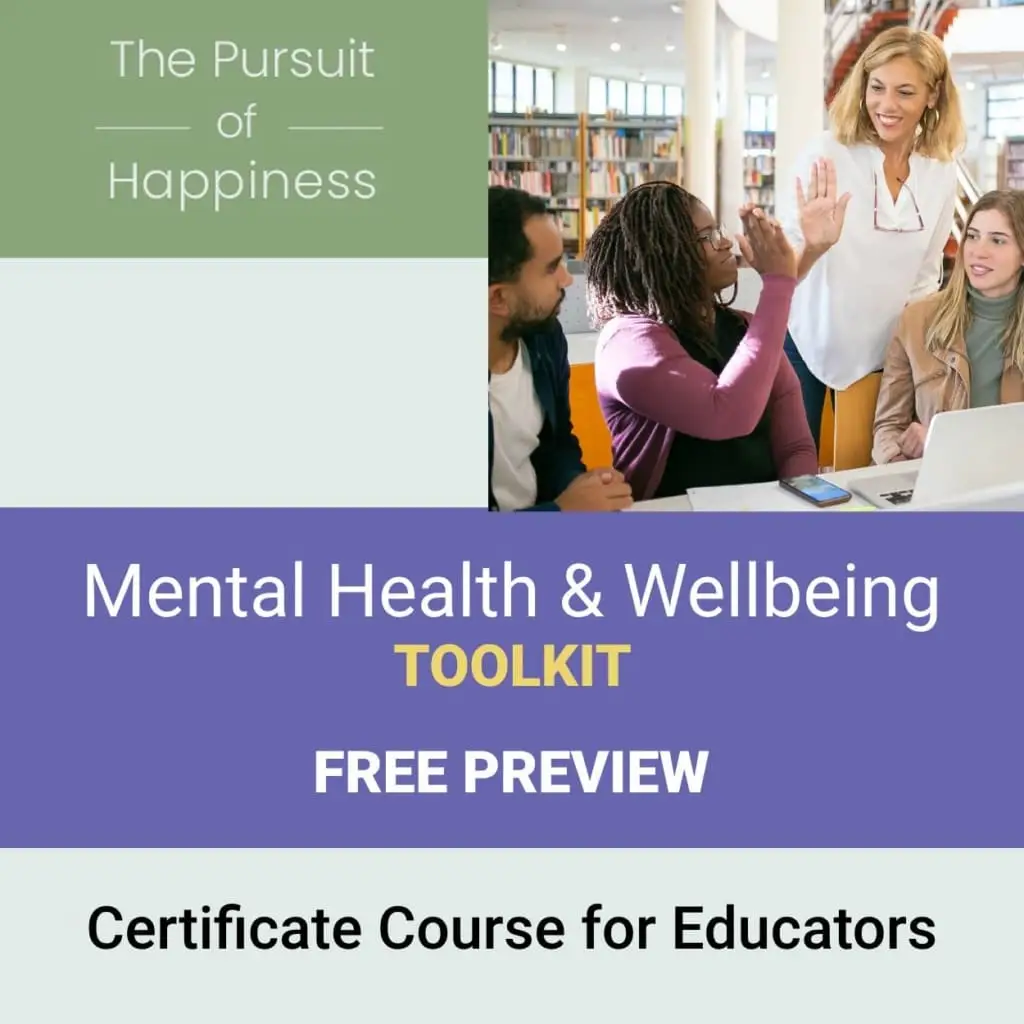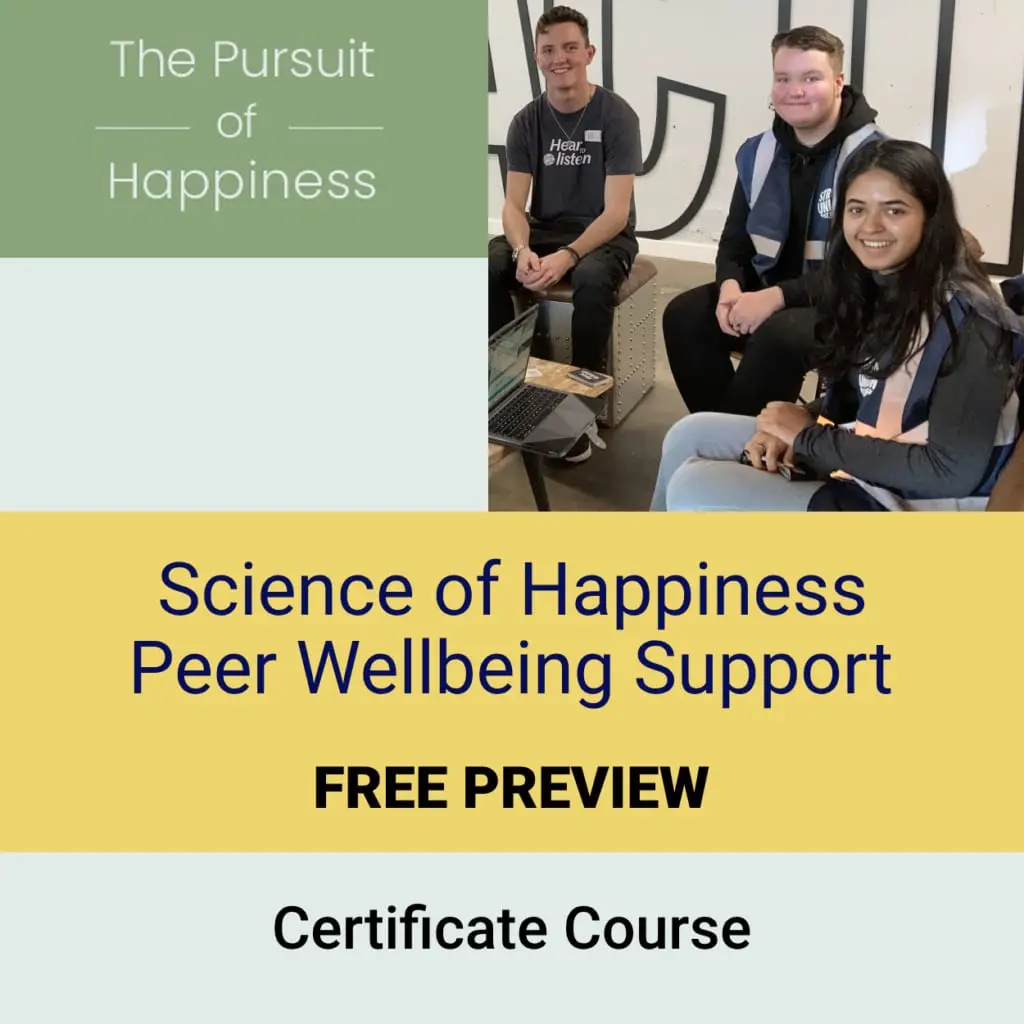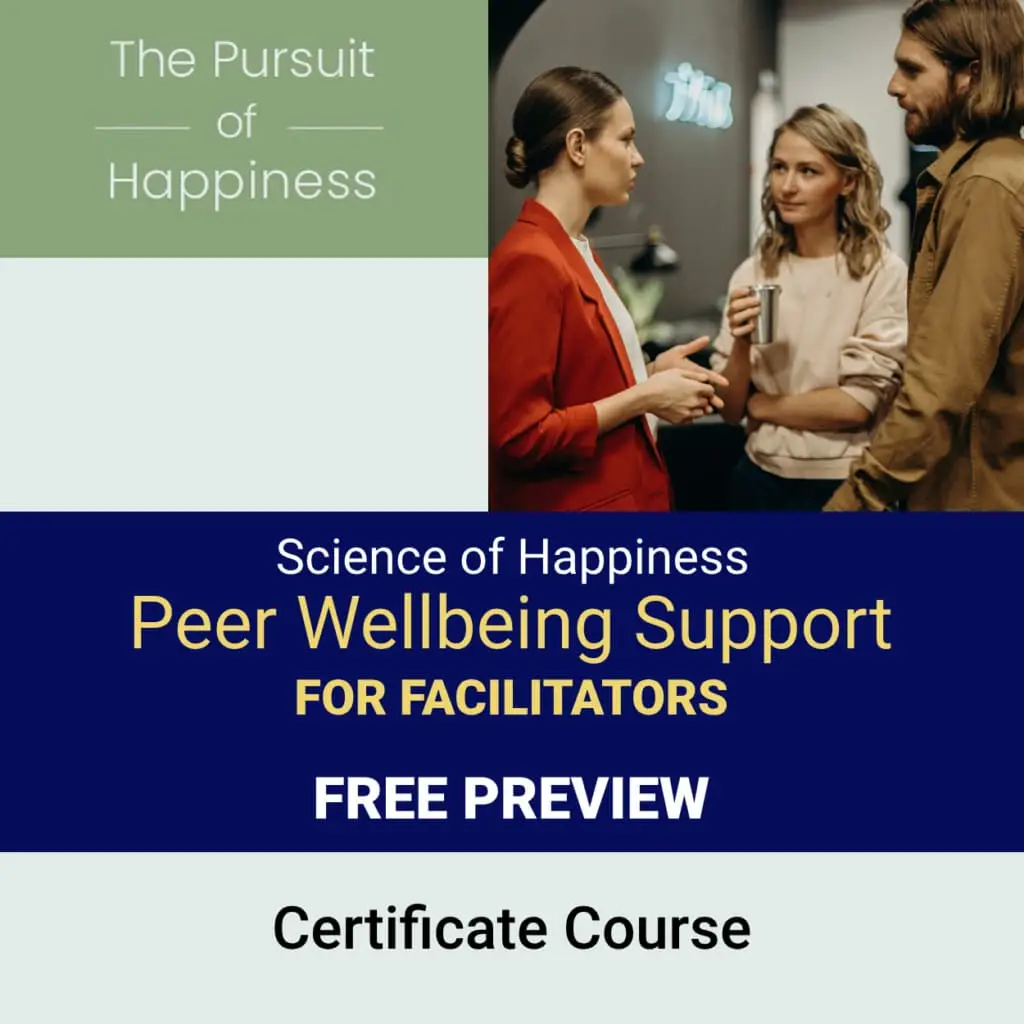Mini-Lesson Outline

Perspective 3: Happiness through others
Students will explore different ways of increasing happiness through relationships with others.
Intimate Relationships Mini-Lesson –
Essential Question: How do intimate relationships contribute to happiness? And in what ways can we foster happiness in our relationships with others?
Pre-Reading Assignment: Students will read the module on intimate relationships discussing the research findings in this area (SOH).
Discussion Topic: Using Psychology (Myers, Worth Publishing), students will take a relationship inventory to determine what traits they feel are most important in intimate relationships.
Practical Assignment: Students will then create an essay or video blog discussing the similarities and differences in what men and women want in friendships, romantic and familial relationships.
Altruism Mini-Lesson –
Essential Question: What does altruism mean and how does it contribute to happiness?
Pre-Reading Assignment: students will read some exerts of Confucius’ writing (HOH) and the introductory content on about volunteering (SOH).
Discussion Topic: Students will watch the Interview with the Expert video on Confucius and discuss how his philosophy on altruism compares to the current scientific evidence on volunteerism and wellbeing.
Practical Assignment: Students will be asked to create and conduct their own experiment about caring for others and produce a newsletter/video/slideshow of their results. For example, students might visit local nursing homes and produce a video of their involvement to share with the rest of the school in a public service announcement. Or, students might interview volunteers at the local hospital and present a slideshow profiling a day in the life of the volunteers.
Expressing Gratitude –
Essential Question: How does gratitude contribute to happiness?
Pre-Reading Assignment: students will read the Intro and Intermediate content on Gratitude (SOH).
Discussion Topic: Students will watch the Interview with the Experts video of the Dalai Lama, discussing afterward the different types and frequencies of gratitude. Gratitude can be expressed in many different ways – what comes most naturally to each of them?
Practical Assignment: students will be asked to keep a gratitude journal for two weeks and present results to the group. As an alternate or additional activity, students can write a letter to someone (parent, teacher, coach, friend) expressing their gratitude before they graduate.
